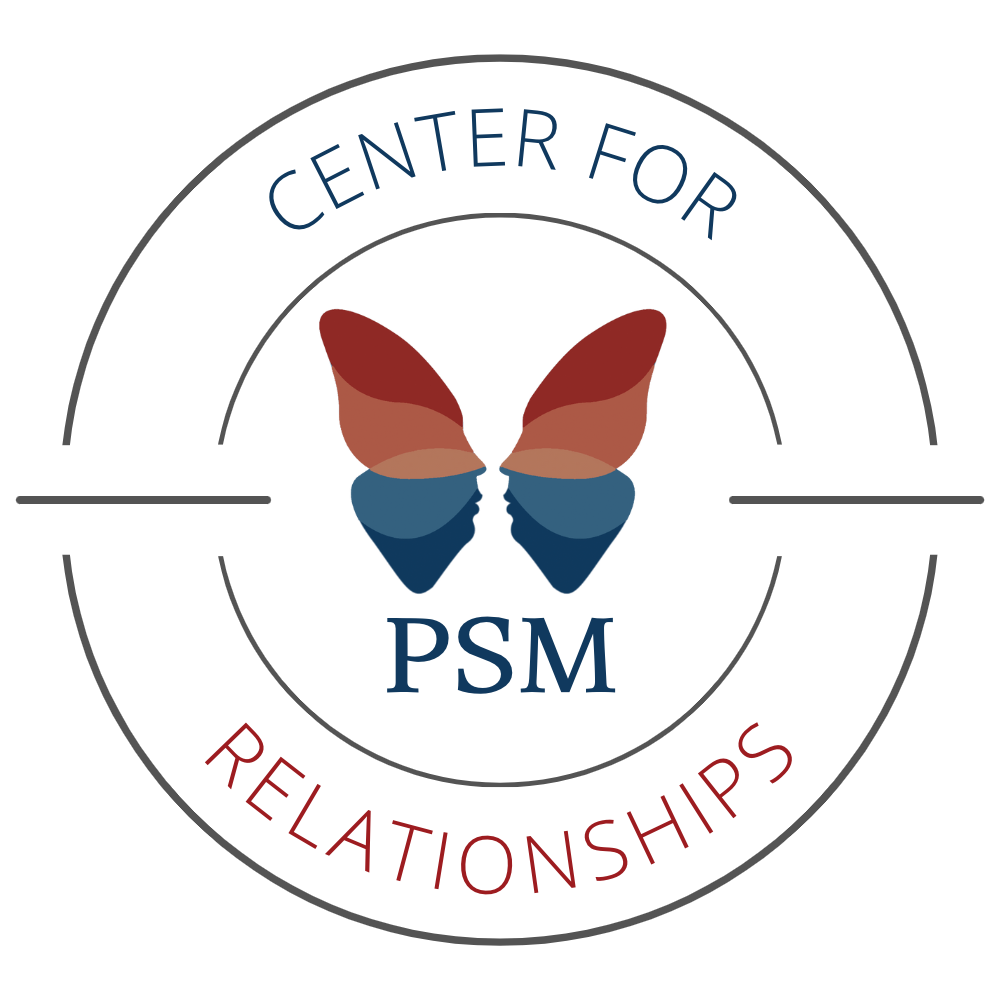Why do you always say always?
Let’s talk about fighting.
What are the most incendiary things your partner says to you? What really burns you up and makes you feel like a counterargument is not only reasonable, but crucial?
I would bet that in many cases, it is a statement about you or your behavior that feels so categorically false that it suggests that they don’t even know who you are. You can’t let that stand! If they continue to believe this about you, your relationship will never be okay and you will always be hurt that they could see you this way.
One of the most common early blocks that I see in therapy is that one partner will say something like “I feel criticized” and the other will respond in one of the following ways:
a list of reasons they aren’t a critical person
“That’s rich coming from you, who actually criticizes me all the time.”
“I wouldn't have to criticize you if you would just do what you say you’re going to do.”
“I never criticize you! All you ever hear is criticism when I constantly reword everything I’m going to say to make it nicer, but no matter how understanding I am, you still won’t do your part.”
What do all these statements have in common?
We don’t like being misunderstood. Actually, that’s putting it much too mildly. To be misunderstood by our partner is a threat. It is dangerous, because our partner is often the most important witness to who we are. If they feel criticized by us, what does that say about us? What kind of person do they think we are?? If they don’t see all the things we do that are good, do they see us at all?
Character attacks and mischaracterization make refuting the point feel imperative. There is a sense of injustice that activates us— makes us feel like responding is mandatory. Not only are you rising to your own defense, but you feel you have to, because the consequences of them continuing to see you this way feel incredibly dire.
Remember this point. It will come back up in a moment. Being misunderstood and misrepresented forces a response.
A very common piece of advice about communication is to avoid extreme statements. Statements like:
You never listen to me.
You never do what I ask you to do.
This is what you always do, I ask less and less of you and you still deflect everything I say.
Why are you always so hostile?
The reason this advice is good advice is that all of these statements inevitably elicit a counterargument, which gets us to a bad relational place very quickly. So often people tell me, “It’s such a stupid thing to be fighting about, I don’t even know why we got so upset.” We get so upset because of how we fight, not what we fight about.
These statements are escalating statements—they produce intense emotion that makes it very hard to resist a comeback.
But what is it that leads us to this place of hopeless disconnection? Why, even knowing what extreme statements do, do we continue to use them?
Whenever we read relationship tips or communication strategies, or really behavior advice of any kind, our first impulse is often to just put it in action. To change what we do. And that’s a great impulse! It shows how much you care about your behavior and its impact that you’re ready to jump in and just swear off extreme statements forevermore.
Before we solemnly swear to never say never again, though, I want us to think about what these statements actually indicate about the needs and motives of the person saying them. Why do we need to add an intensifier? What is this behavior, this amplifying behavior, doing? What is its function?
We use extreme statements because we feel extreme. Because what we’re saying is important. Because we desperately need the other person to hear us. Because when we are in disconnection, it can feel terrifyingly permanent. Extreme statements often reflect our fears.
What if you never understand me?
What if I feel like this forever?
What if we never get out of this pain?
What if I can never be heard, no matter how loud I scream or how many words I say?
What if no one truly loves me?
Extreme statements also increase the likelihood of response. It’s not likely to be our actual desired response, but for many of us, any response is better than nothing. One thing about “always” and “never”? They are just about guaranteed to elicit something.
This very fact is why changing this behavior is so hard. If I need a response from my partner, I will do whatever it takes to get it, even if I know I shouldn’t. Even if I know it’s going to lead to a fight. Even if I know it’s the worst thing I could say, if it’s the only thing I can say that will get a response? I’ll say it anyway.
In a conflict, emotion is driving the bus. No matter how much you believe that controlling the way you speak is important, no matter how committed you are to remembering all these helpful relational tips, when the fight is escalated, emotion will win every time. That’s why it’s important to start to ask, what is actually driving this? What do I need? What am I afraid of? What does my partner need? What are they afraid of?
The answers to these questions generate compassion and responsiveness. They elicit softer emotion. It’s very difficult to offer a warm and loving response to an accusation. If we can begin to hear (and say!) what is underneath, we begin to build a different experience. That different experience—one of vulnerability, honesty, responsiveness, and understanding—offers actual competition to the emotions that typically drive a conflict in a way that intellectual understanding never really can.




